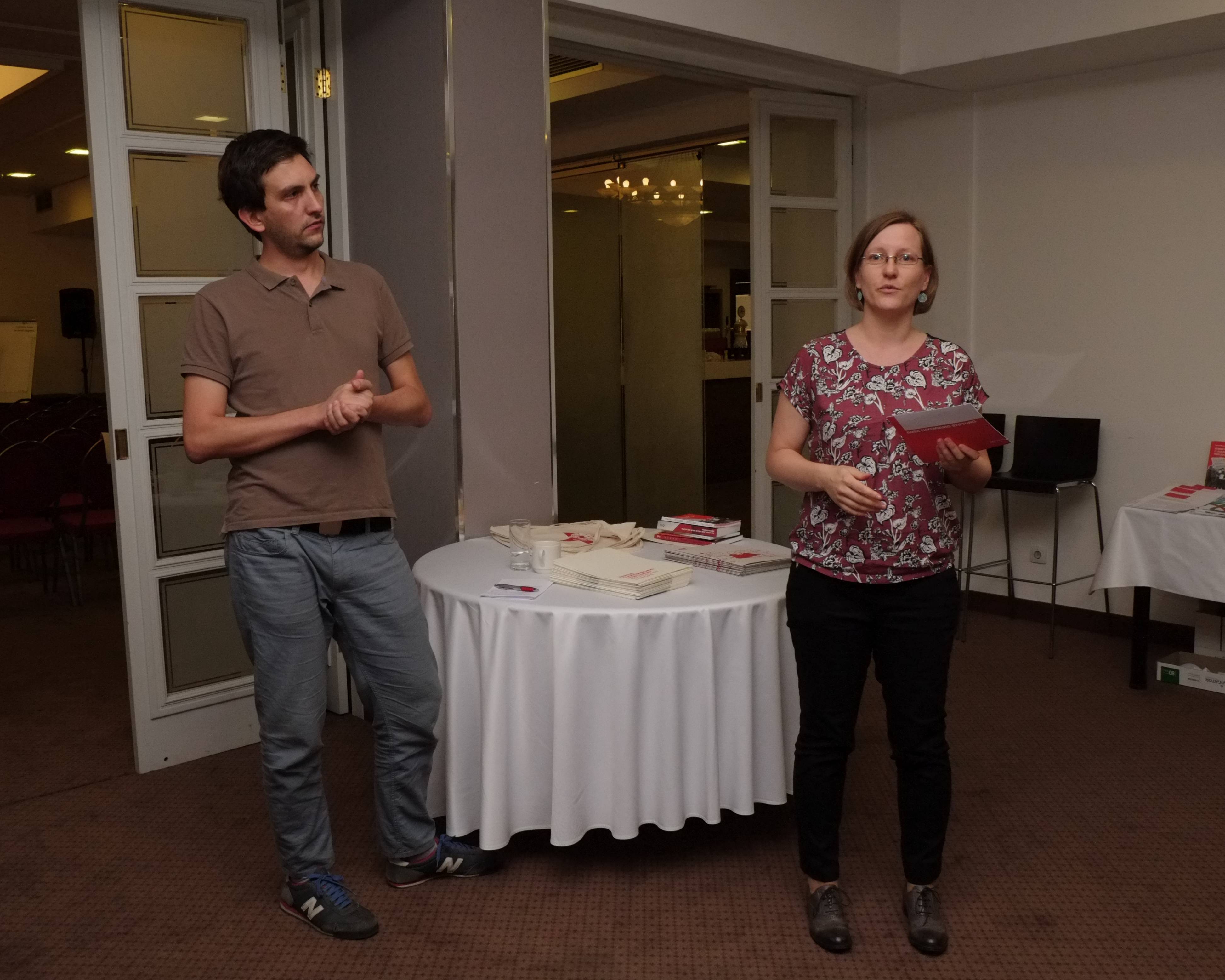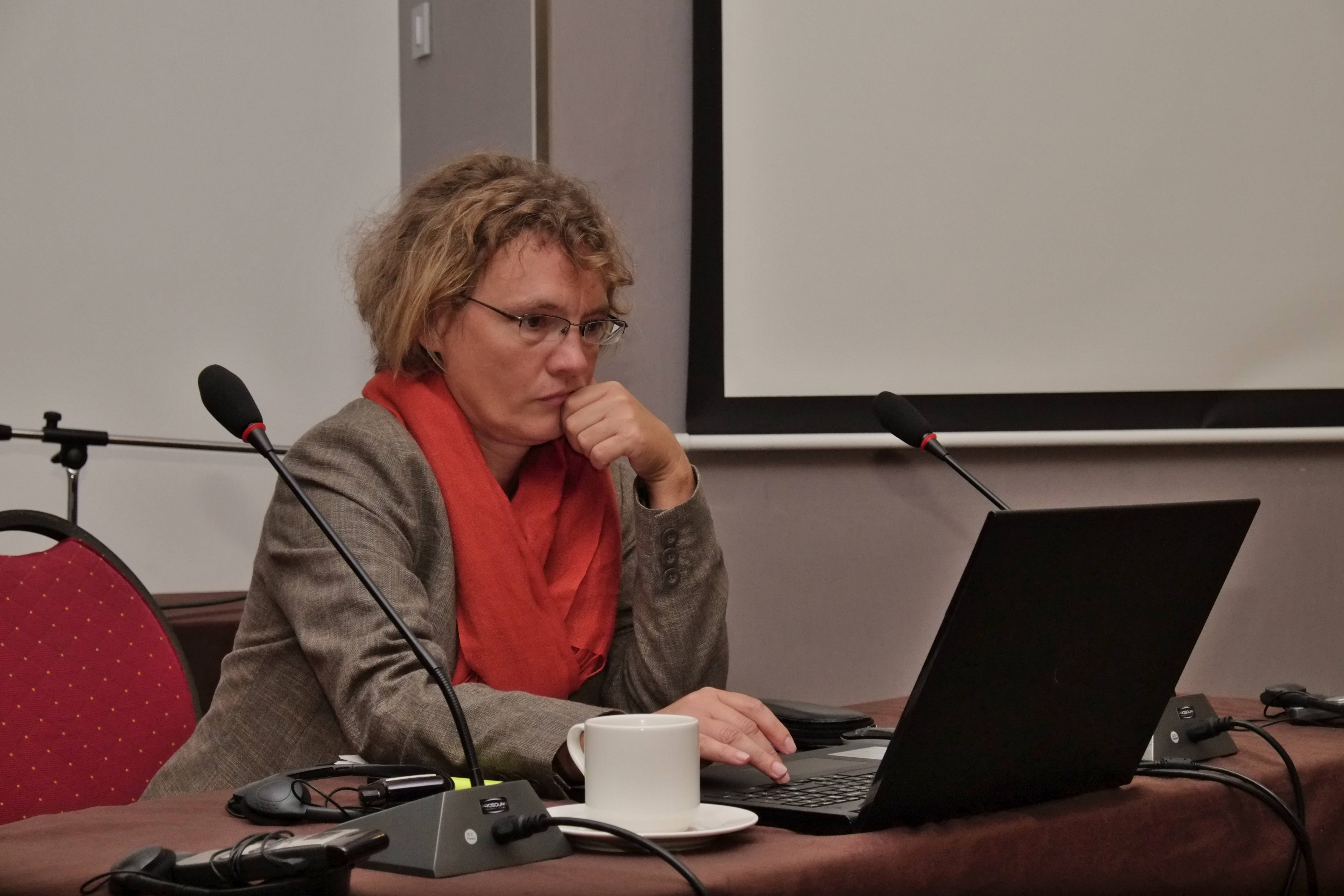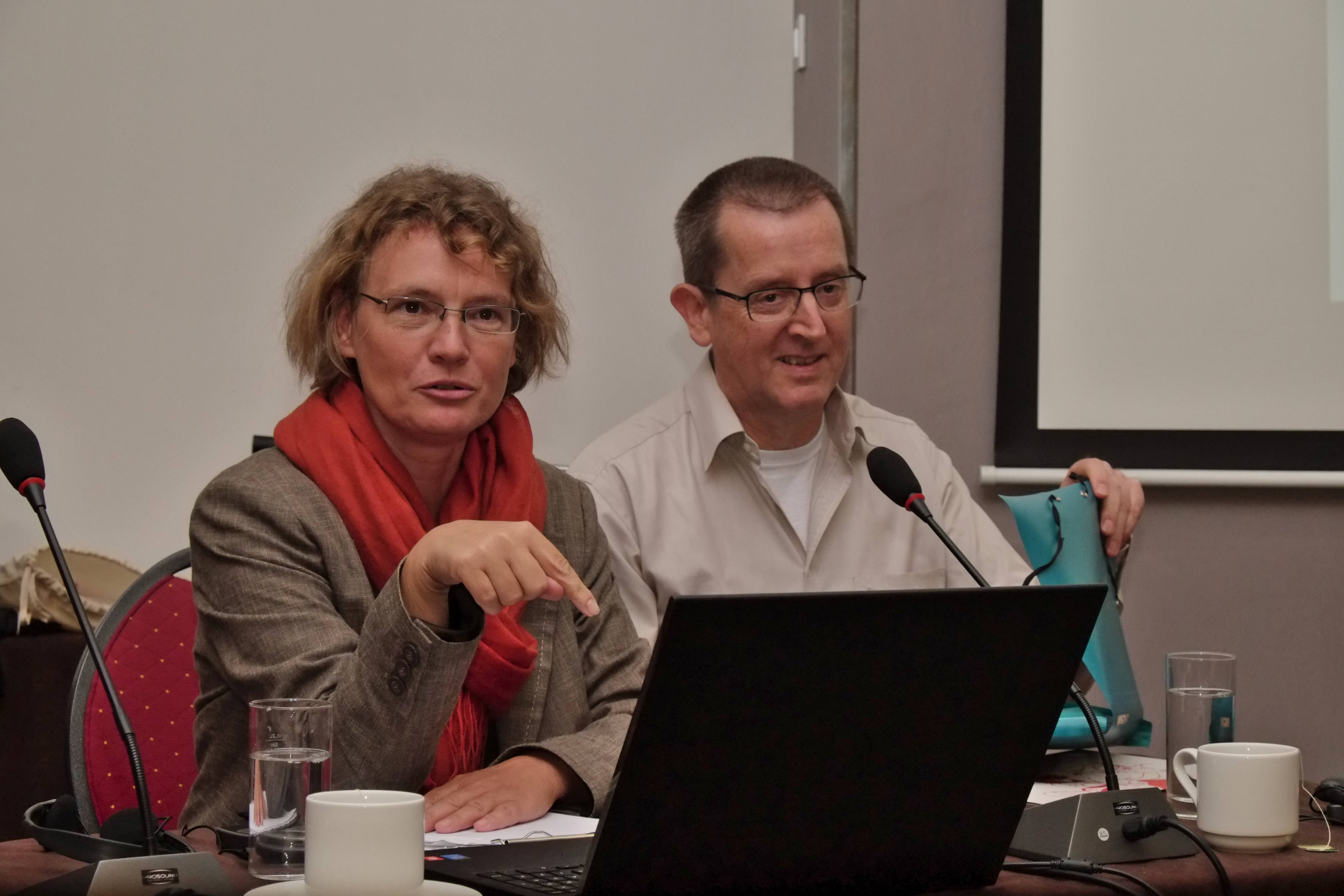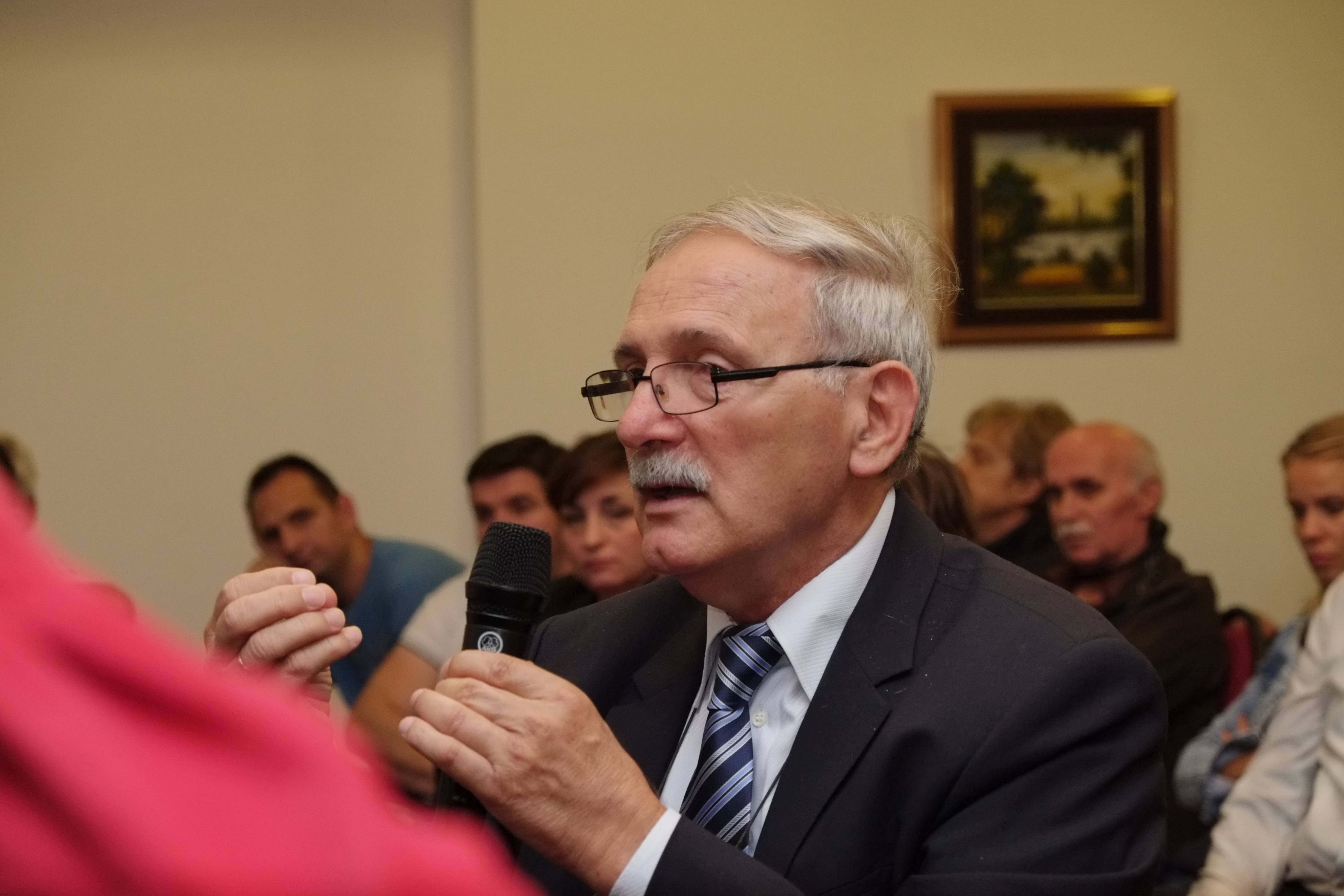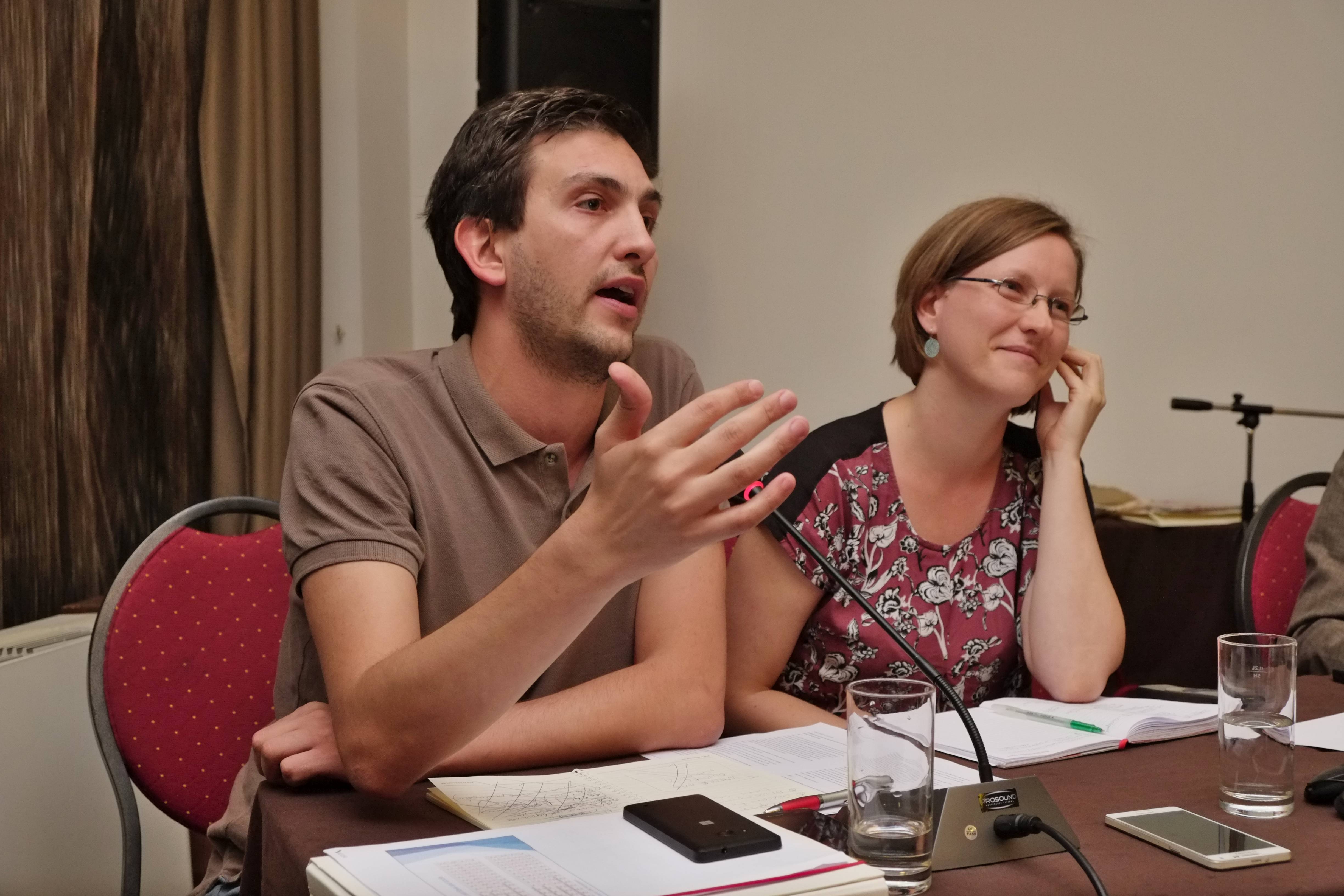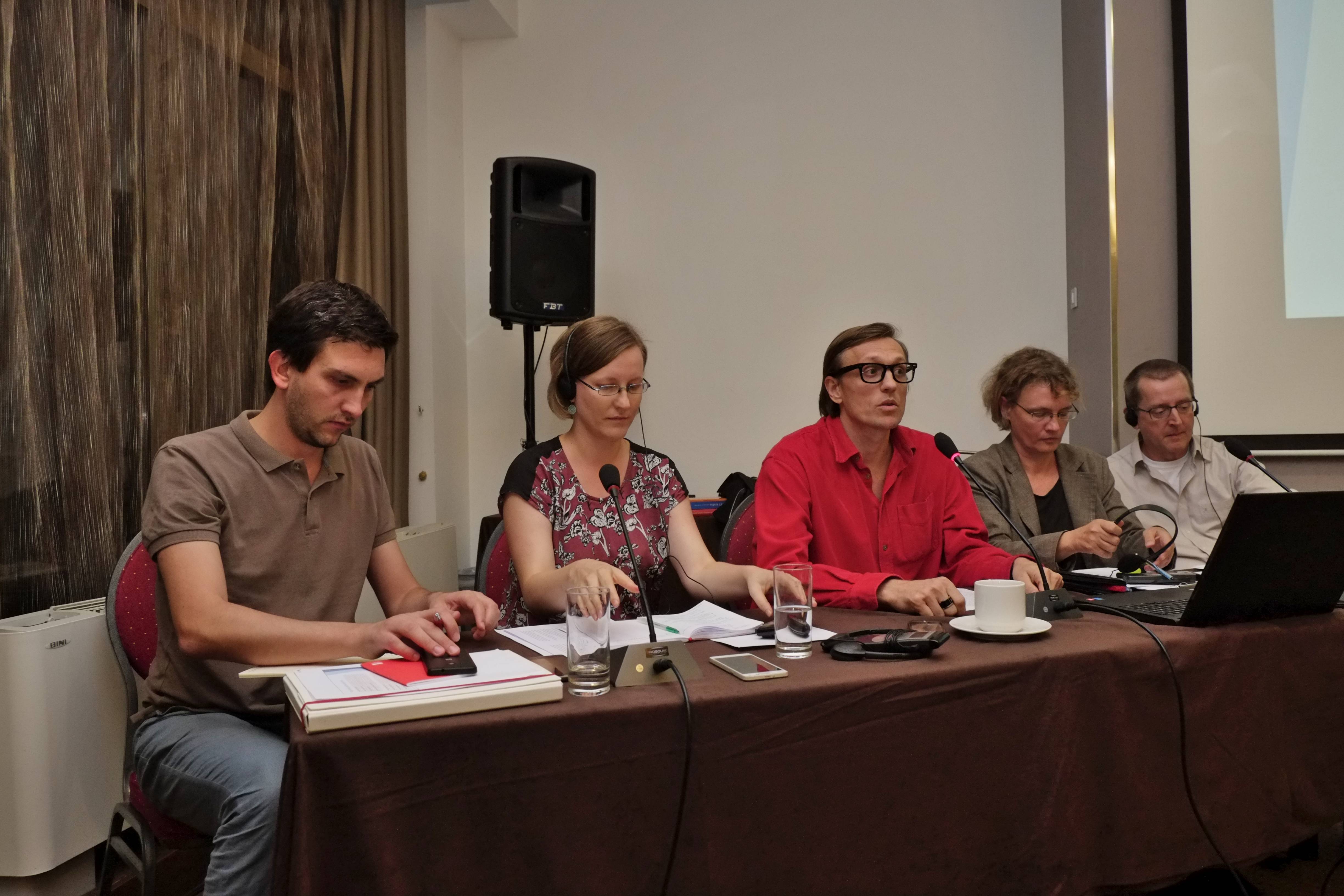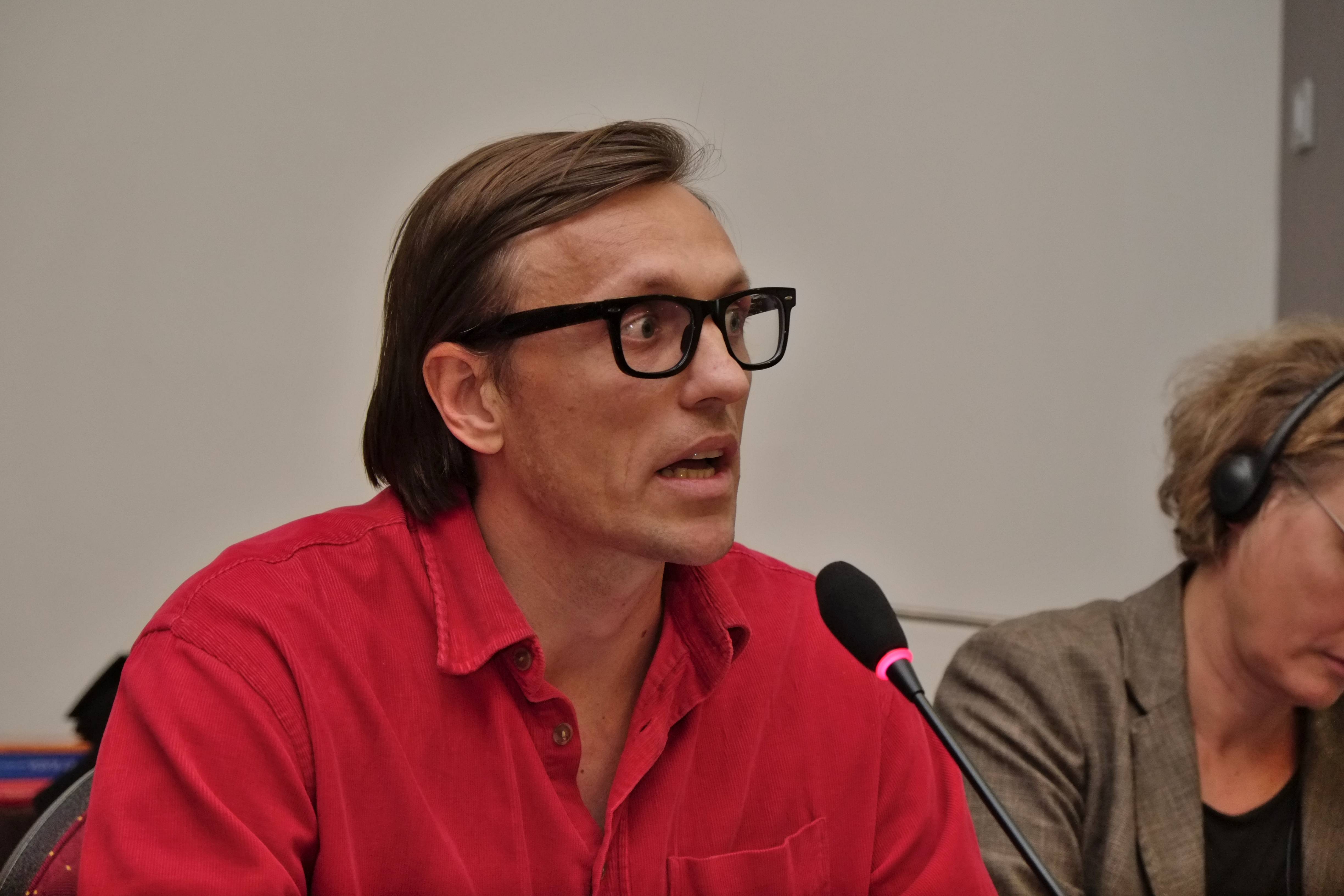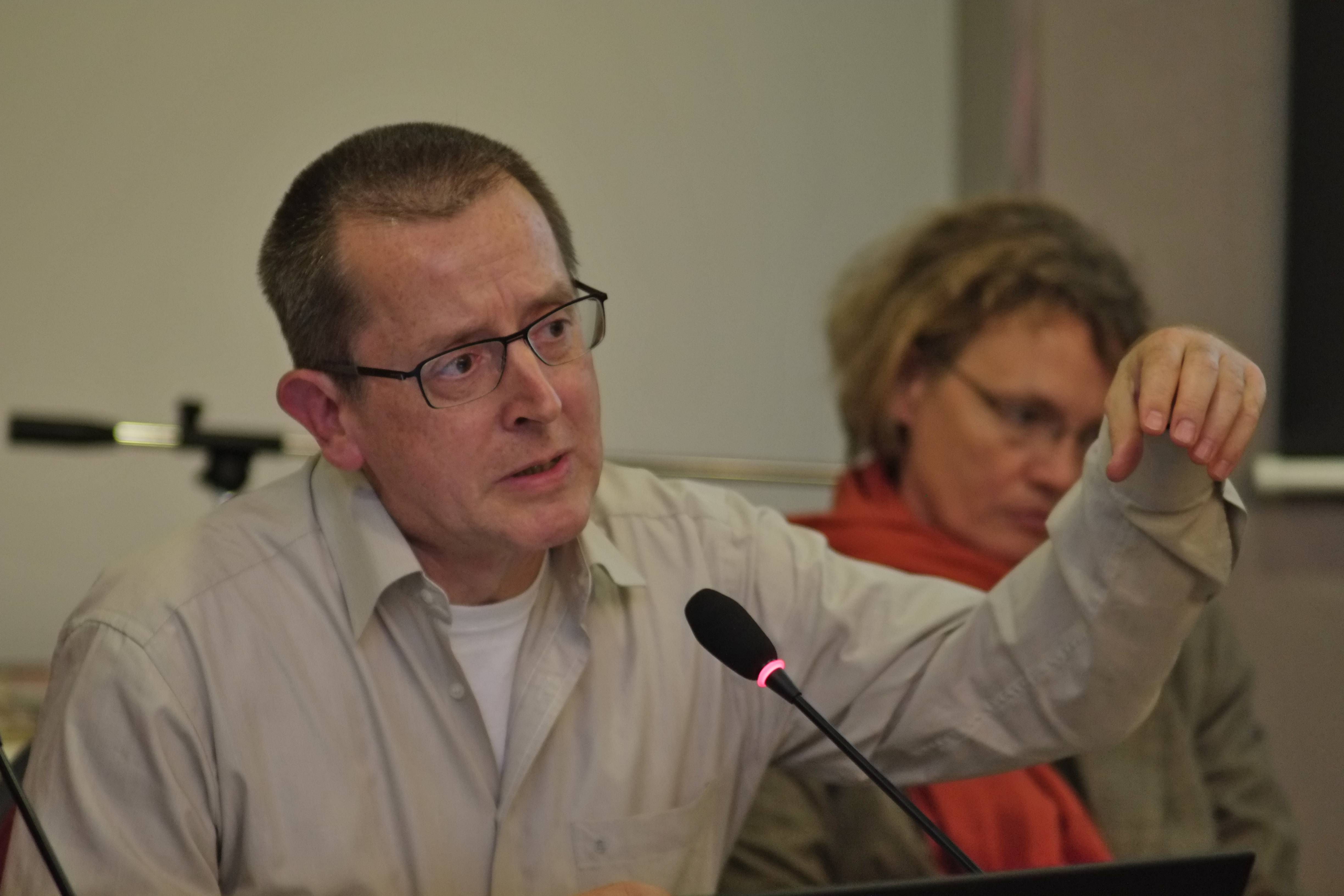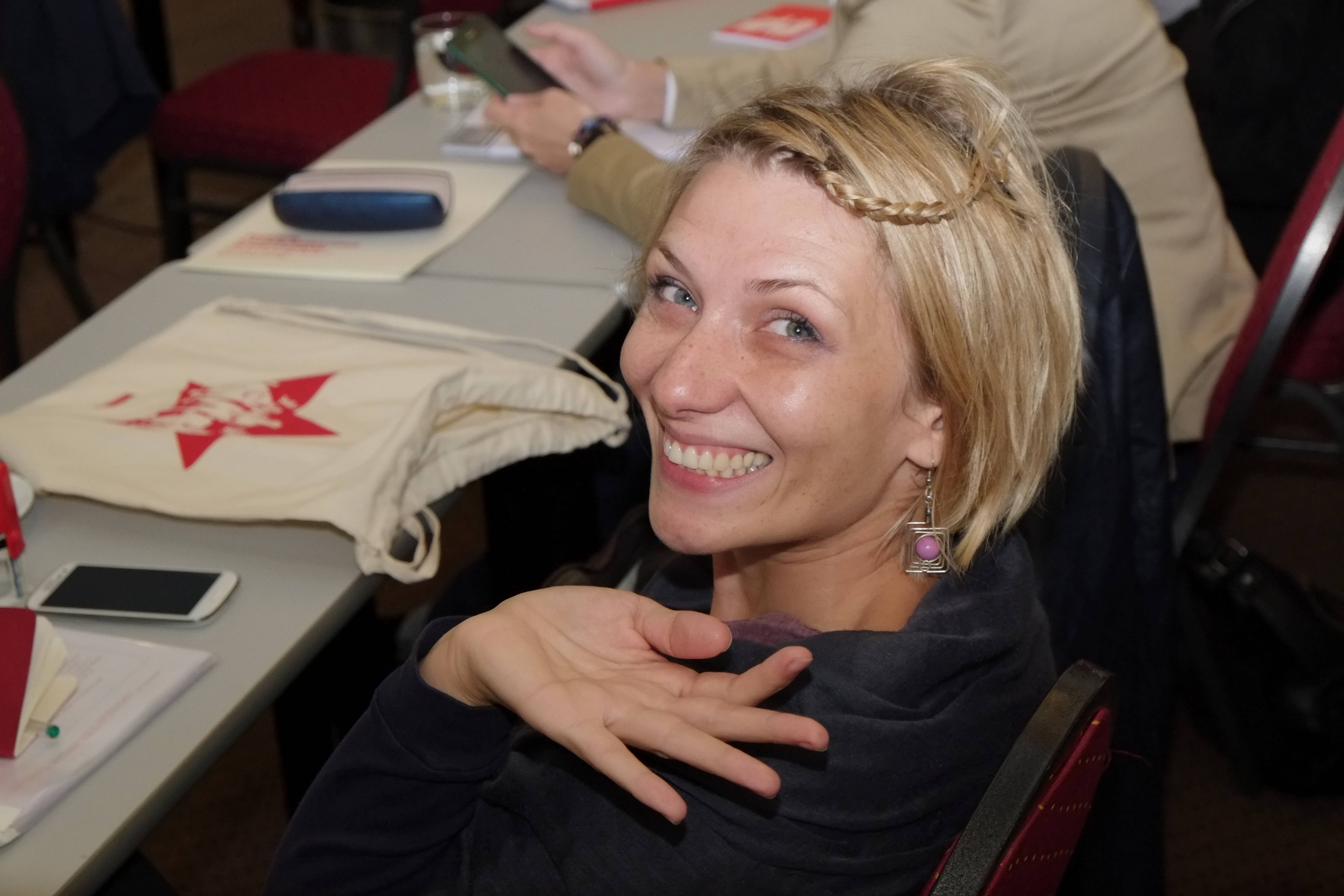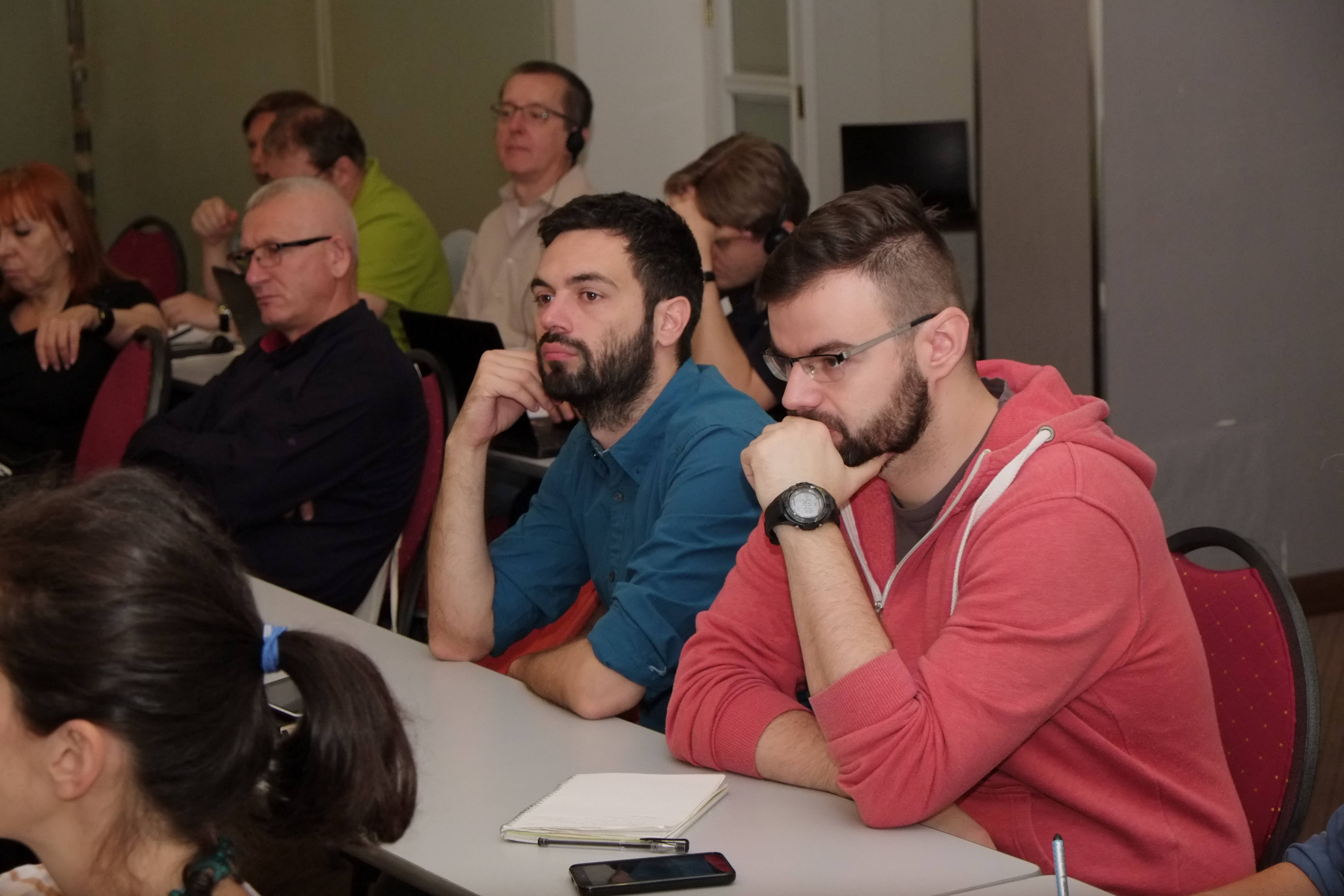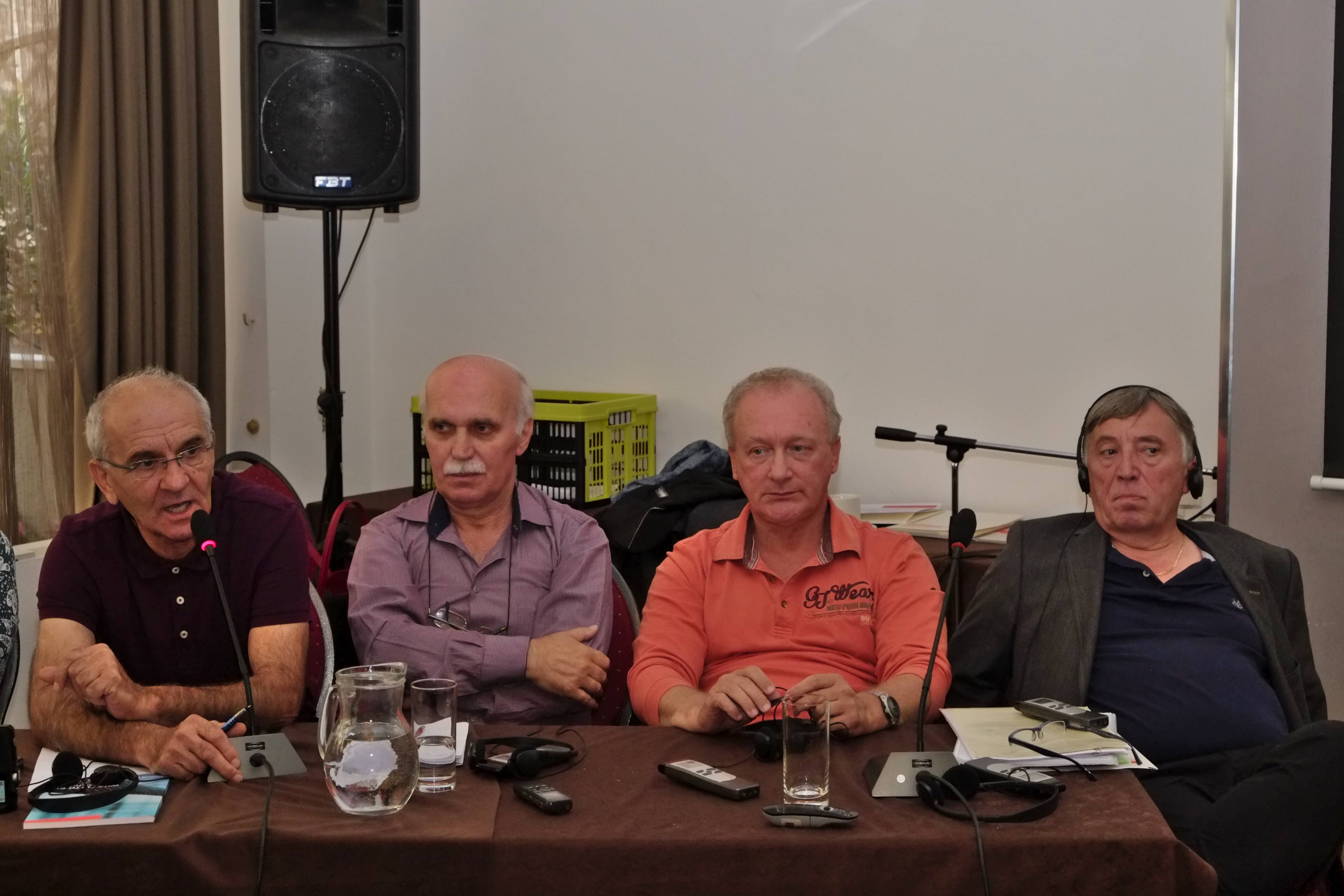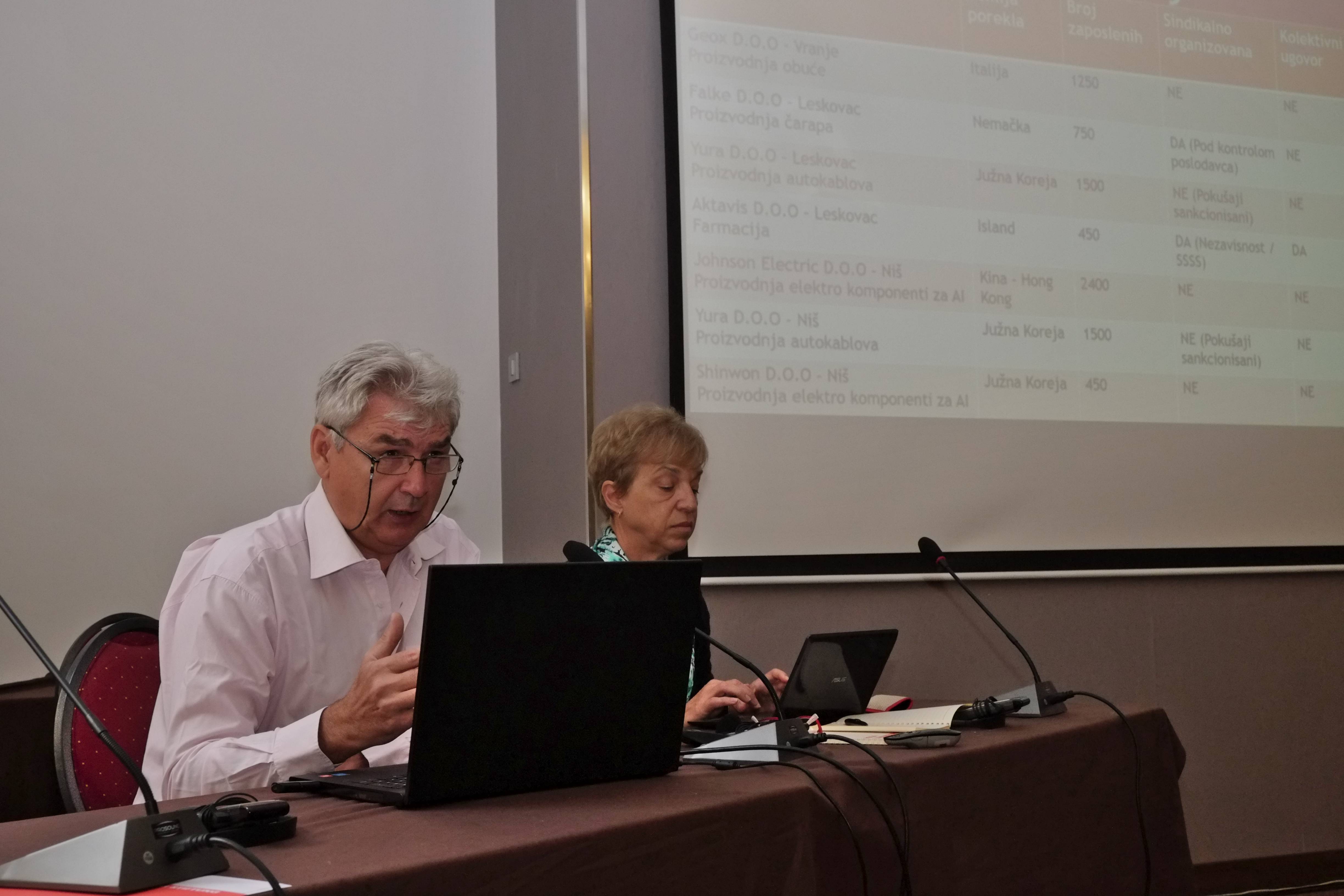WORKING CONDITIONS IN TRANSNATIONAL COMPANIES

In 2014 Serbia advertised itself on CNN as a land of highly skilled and cheap labor. Similar to that, in Skopje, Macedonia advertised itself on billboards across the town as a country with the cheapest labor force in Europe. Both of these advertising campaigns are part of the same neoliberal narrative and try to tell the same story. The storyline is simple: the only way to develop a post-socialist peripheral country is with foreign direct investments (FDI). But, there is global competition, so if a country wants to attract foreign investments it needs to be competitive and competitiveness is achieved by liberalization, deregulation and privatization. In the last decade and a half, state policies were directed toward that single goal - attracting investors. The consequences are being more and more obvious even to a layman: the standard of living is deteriorating, labor rights are being diminished, working conditions are becoming worse and so are the prospects for planning a future. Even though this competition for investors effectively created a so called race to the bottom, peripheral post-socialist countries are still applying these policies. One of the reasons for the continuance of the aforementioned policies is the still dominant discourse that can be summarized in the famous Margaret Thatcher quote - there is no alternative.
In light of the current situation, Rosa Luxemburg Stiftung Southeast Europe held a three-day workshop titled Working conditions in transnational companies in Southeast Europe with the intention to critically examine the effect of the neoliberal FDI policies on working conditions, labor rights and social development and to provide political and economic arguments for opposing such policies. The workshop took place from 23rd to 25th of September in Belgrade, Serbia. It brought together various researchers, trade unionists, workers and activists from Austria, Germany, Macedonia and Serbia in order to exchange experiences and provide useful theoretical and practical insights for all participants.
The workshop started with a critical reexamination of the FDI-led development concept presented by Stefanie Hürtgen (University of Salzburg). Pointing out the false promises of the FDI-led growth and development model, she introduced the concept of structural heterogeneity, which describes the effects of the FDI-based development: Even though macroeconomic data may show a positive trend and the post-socialist countries are integrated in the global production as intended, FDI-based development also created massive social and regional fragmentation. In short, structural heterogeneity explains how poverty and social and regional fragmentation are the result of this specific development model. Ivan Radenković (Gerusija collective, Novi Sad) presented the findings of his case study of FDI based development in Serbia. He stressed that his findings coincide with the research of Stefanie Hürtgen, and even though there are subtle differences between different countries, there are no structural differences. The statistics do show positive macroeconomic trends, but they do not correlate with other indicators such as level of employment or the level of wages, which show a downward trend. His findings show that investments in Serbia are made primarily in labor-intensive industries because of high unemployment that keeps wages low. These findings raised the question of possibilities of organizing trade unions on an international level in order to counter the transnational organization of capital. Thomas Sablowski (Rosa Luxemburg Stiftung) addressed this topic by mapping out the consequences of the restructuring of production and the consequences for workers and presented examples and experiences of transnational organizing of workers. In the following discussion, the participants agreed that there is a definite need to reform the traditional structures of unions that are based on nation-state institutions.
Mario Reljanović (Union University, Belgrade) analyzed the effects of the labor law introduced in Serbia in 2014. Predictions made by the government regarding the new labor law included convergence with EU labor standards, rise in employment and FDI, more job security and a better basis for collective bargaining. Reljanović pointed out that none of the given predictions had a realistic foundation. Not only has the labor law introduced lower working standards and rights compared to the countries of the EU, there are also negative effects on wages, the real level of employment and collective bargaining visible as well as no discernible effects on FDI. Branimir Jovanović (Institute for Social Sciences and Humanities, Skopje) added to this analysis with an overview of the working conditions, workers’ rights and FDI in Macedonia. By applying policies that were based on the FDI model of development, Macedonia had lost tens of millions of US dollars by giving tax breaks and subsidies to foreign investors. Even though profits and exports connected to FDI in Macedonia are measured in hundreds of millions of euros, they constitute only 4-5% of total exports and less than 2% of the Macedonian GDP. Furthermore, the effect of FDI on economic growth is miniscule: statistically, while 1 Macedonian denar of foreign investments produces 0.2 denars of GDP growth, public investment of an equal amount produces 1.3 denars of GDP growth. Regarding working conditions and workers’ rights, Macedonia, according to Jovanović, probably has the lowest standard among all European countries.
Two parallel case studies of working conditions in Dräxlmaier factories in Serbia and Macedonia were presented by Sonja Stojadinović and Aneta Smit Guleva (Leftist Movement Solidarnost, Skopje) and Ivan Radenković (Gerusija collective, Novi Sad). Both case studies showed how a transnational company exploits the cheap labor force in both countries by minimizing the wages and disciplining workers through mobbing and repression, while at the same time the company receives state subsidies. Both in Serbia and Macedonia, illegal practices of transnational corporations are being tolerated by the state. The case studies showed the modus operandi of transnational capital in countries that apply an FDI-based development model.
Two union representatives, Mare Ančeva (SIER, Macedonia) and Aleksandar Todić (GSIER Nezavisnost, Serbia) provided useful comments on the presentations from the trade union perspective and confirmed the findings of the researchers. From the experience of Mare Ančeva, the key problems for trade unions arise from the fact that institutions are crumbling, the state itself doesn’t uphold the law and tolerates abuse of the laws. Moreover, one of the key problems trade unions face in Macedonia is the fact that new, young workers are not interested in becoming active union members. Aleksandar Todić provided some insight about the mobbing and abuse workers are facing in companies that do not have trade union organizations. The key problem with these companies is that people who do try to form a trade union lose their jobs, Todić stressed. Besides, existing trade unions, even though they have information about mobbing or abuse, usually can not intervene if they do not have representatives in the company. An additional issue is the problem of gender-based discrimination as regards to salaries and mobbing.
Based on these analyses on the operation of transnational companies, trade unionists then discussed in depth the topic of transnational workers’ organizing. Milorad Panović (GSIER Nezavisnost, Serbia) stated that the unions need to become more influential, hoping that joining the EU would create a better legal basis for the unions. He also stressed that there is a need for more cooperation between different unions on the national and international level. Pece Ristevski (SIER, Macedonia) stressed the importance of international cooperation but also testified about negative experiences on the international level. Key problems on the national level he addressed were related to the state (corruption, political elites, dysfunctional institutions and legal system etc.) and problems of the lack of unions in greenfield investment companies and in free zones. Zoran Mihajlović (SSSS, Serbia) stressed the need to reorganize unions in all countries of the Western Balkans, since the existing unions were formed and structured in the period of socialism, which is one of the reasons they have troubles with acting in neoliberal context. Finally, Klaus Priegnitz (IG Metall, Germany) presented some of the ideas and practices of IG Metall in transnational organizing, among them European Works Councils and sector-specific organizing approaches (e.g. in the automobile sector). According to him, the key problem for international union organizing is the lack of a legal basis for international workers representation. Nevertheless, IG Metall supports the building of international union networks, and holds the view that the global market and economy need global rules.
The following discussion focused on the necessary transformation or reorganization of the unions, international cooperation, and the need to cooperate with other social movements in order to attract younger workers, build networks of allies, and apply pressure on the state institutions. In order to achieve this the transformation of the trade unions is a prerequisite. Many discussants pointed out that the state actively works against unions that are not management- or employer-friendly. This situation makes the so-called social dialogue redundant, since the institution of dialogue assumes equal parties, which is obviously not the case. Another obvious problem is the existence of competition between unions, which has an immense impact on the possibilities of organizing both on national and international levels. On the national level, trade unions need to cooperate in order to be able to effectively oppose neoliberal policies and deteriorating working conditions. This is equally important for international cooperation, because strong unions on a national level are a prerequisite for a strong international network of unions that can counter transnational capital.
By the end, it was obvious that these workshops had an excellent reception with the participants. What is even more promising is the will of the participants to continue this sort of exchange. This was only the first workshop, and the intention is to further develop transnational exchange and cooperation in order to effectively support labor organizing and the articulation of workers’ interests in Southeast Europe.
Author: Matija Jovanović
